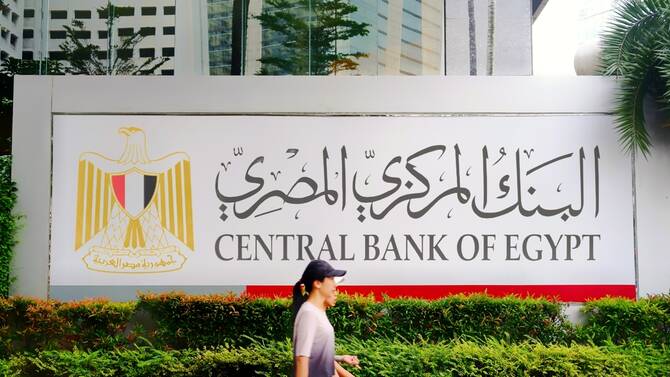Egypt’s banking sector recorded net foreign assets of $17.9 billion in August 2025, a slight decline from $18.5 billion in July, according to new data from the Central Bank of Egypt (CBE). The modest drop reflects mild pressure on the country’s external position, though the banking system remains resilient, supported by rising deposits and strong liquidity.
The CBE noted that total foreign assets across the banking system edged lower in August, while foreign liabilities also fell slightly. Despite this dip, Egypt’s net international reserves stood at a robust $49.25 billion dollars at the end of August.
Join our WhatsApp ChannelDomestic liquidity continued to expand reaching the equivalent of $432 billion in August, driven by higher money supply and stronger savings mobilisation. Non-government deposits in local currency rose to around $288 billion dollars, up from $281 billion dollars a month earlier. Household savings accounted for the bulk of this growth, highlighting the public’s increasing confidence in the formal banking system.
Foreign currency deposits remained broadly stable, holding at about 99 billion dollars. Within this, household savings once again represented the largest share.
The CBE noted that net foreign assets only turned positive in mid-2024 after years of deficits, a shift driven by stronger inflows of foreign currency and improved external balances. Since then, the position has largely stabilised, though month-to-month fluctuations remain common.
Analysts say the latest figures underline the mixed pressures on Egypt’s economy. On one hand, external accounts remain vulnerable to changes in investment flows and global financial conditions. On the other, the steady rise in household and business deposits continues to provide a strong liquidity buffer for the banking sector. “While net foreign assets dipped in August, the banking sector’s liquidity remains robust, underpinned by rising household and corporate deposits,” said an economist familiar with the CBE’s data. “The challenge will be sustaining foreign inflows and managing external pressures as global markets become more volatile.”
Despite the small drop in August, Egypt’s banking sector continues to demonstrate resilience, balancing external challenges with strong domestic deposit growth and stable liquidity conditions.













